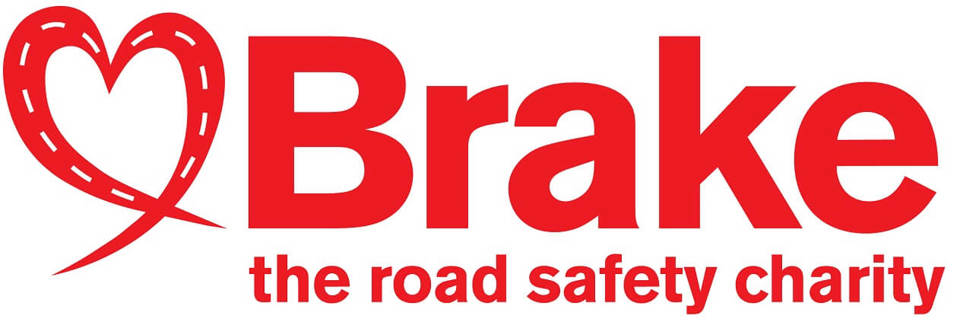Brake has expressed disappointment with the Department for Transport’s newly-published ‘Road Safety Statement’ (replacing its previous Road Safety Strategy).
Despite calls by Brake and across the road safety sector for stronger leadership from government on preventing devastating road death and injuries following a recent increase in casualties, the Statement fails to include casualty reduction targets or a ‘vision zero’, which would make clear that the ultimate goal is to reduce deaths to zero.
International evidence indicates that targets help to spur progress in road safety , and increasing governments and authorities (including Sweden, Scotland and London) are adopting vision zero approaches.
According to the DfT's Reported Road Casualties in Great Britain Annual Report for 2014 the number of people killed on our roads rose by 4% last year to 1,775, while those seriously injured rose by 5% to 22,807 people. Overall casualties rose by 6%, interrupting what was a steady downward trend since 1997. As national provider of support to bereaved and seriously injured road crash victims (through a helpline and support packs part-funded by the Ministry of Justice), Brake is acutely aware of the terrible suffering caused by every casualty.
Alice Bailey, campaigns officer at Brake, said: “We know from our work supporting devastated road crash victims that every death and injury sends out shockwaves of pain and suffering.
"We also know from international research and experience that there is far more the government could and should do, to prevent these casualties and enable everyone to get around safely and sustainably.
"There is some important recognition in this Statement of what good practice in road safety looks like, and the fact that road safety is an issue central to public health and sustainability – and that by improving road safety we can make economic gains too. Yet we’re disappointed that the government has failed to include casualty reduction targets, an ambitious vision, or more decisive action on issues like young driver safety, pedestrian safety or drink driving, all of which remain desperately important.”
Brake welcomes some aspects of the Road Safety Statement, including the government’s recognition of the importance of a ‘safe systems’ approach. However, Brake believes the government could go much further in implementing evidenced policy to ensure senseless tragedies on our roads fall again, and everyone can get around safely, sustainably and healthily:
- Walking and cycling – Brake welcomes the recognition that road safety is a public health and sustainability issue as well as being about casualty prevention, and the inclusion of protecting vulnerable road users as a priority. However Brake believes the government should do far more to ensure nationwide roll-out of traffic-free cycle paths, area-wide 20mph limits, and other measures to make roads more pedestrian and cyclist friendly. See Brake’s recent response to the government’s Walking and Cycling Investment Strategy andGO 20 campaign.
- Mobile phones – Brake supports proposals for tougher penalties (four points and a £150 fine) for using mobile phones at the wheel of a car, but believes this does not go far enough, especially as many first time offenders will be offered educational courses instead. Brake recommends increasing fines to £1,000, to provide a stronger deterrent, and for hands free phones to be included under the ban, in line with research showing the dangers . See Brake’s Drive Smart campaign.
- Young and novice drivers – Government plans to make improvements to driver learning and testing are not unwelcome, but research shows the introduction of a new system of Graduated Driver Licensing – long recommended by Brake and recognised as best practice globally – would be highly effective in reducing crashes among young and new drivers. It’s estimated it could prevent 400 deaths and serious injuries each year if implemented in the UK . See Brake’s campaign.
- Drink and drug driving – Brake backs the provision of funding to support effective enforcement of the new drug driving law, but is concerned by the ongoing lack of action by Westminster to crack down on drink driving, which remains one of the biggest killers on our roads. Brake advocates a zero-tolerance drink drive limit to make clear it should be ‘none for the road’. See Brake’s not a drop, not a drag campaign.

















Login to comment
Comments
No comments have been made yet.